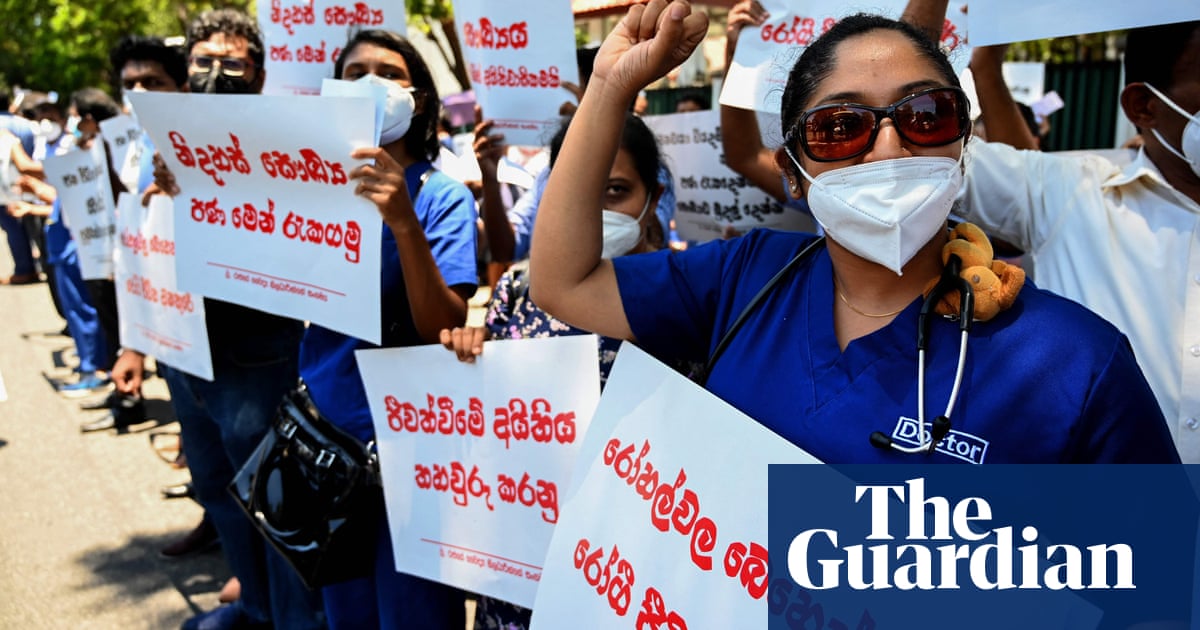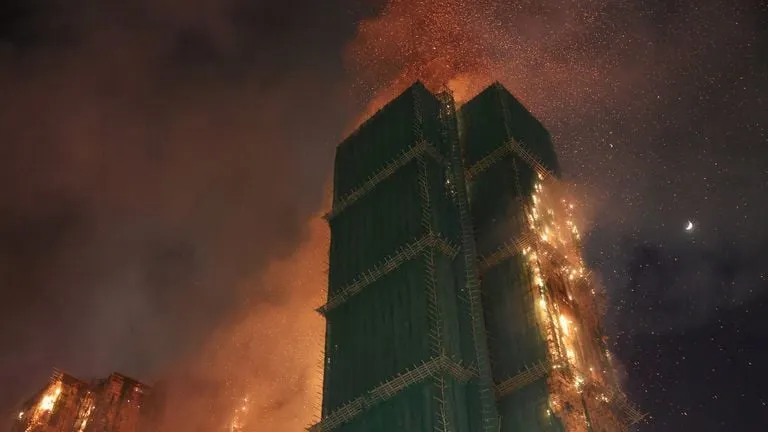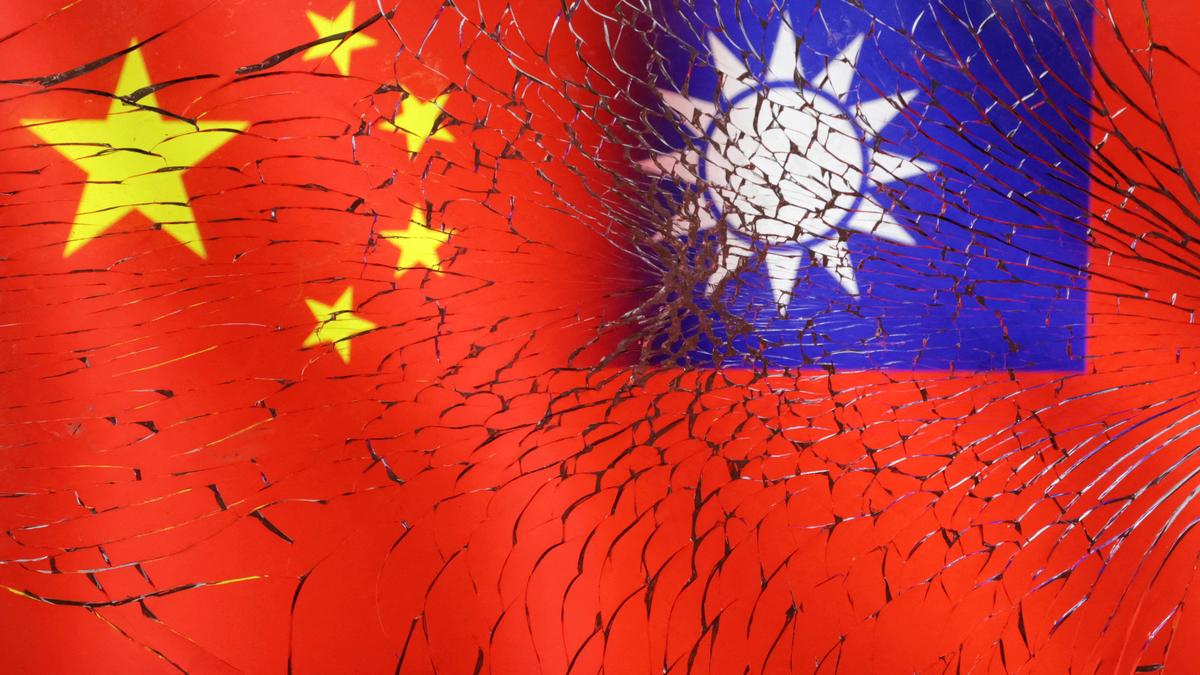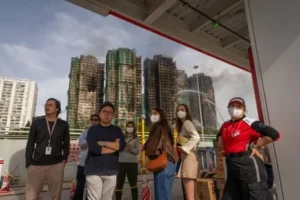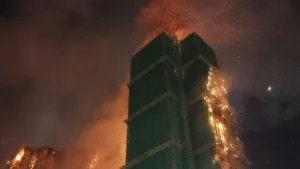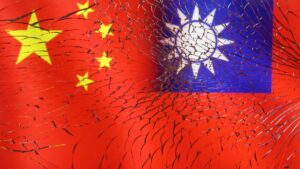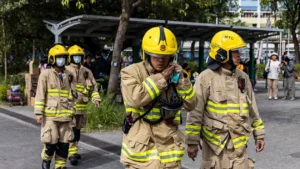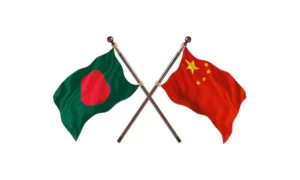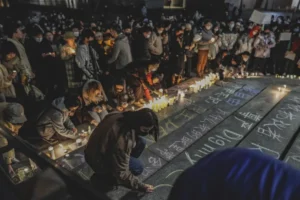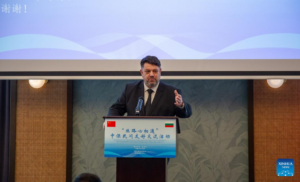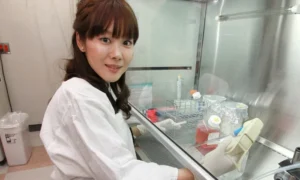Sri Lanka facing imminent threat of starvation, senior politician warns
Sri Lanka is facing the imminent threat of starvation for its population of 22 million as the economic crisis in the country continues to worsen and food becomes increasingly scarce, a senior politician has warned.
Speaking in a debate in parliament, held against the backdrop of the worst financial crisis to hit the country since independence – and with anti-government protests spreading across the country – the speaker of the parliament, Mahinda Yapa Abeywardana, warned that this was “just the beginning”.
“The food, gas and electricity shortages will get worse. There will be very acute food shortages and starvation,” Abeywardana told the legislature.
The economic meltdown in Sri Lanka spiralled on Wednesday as the Sri Lankan rupee plunged to become the world’s worst-performing currency. Sovereign dollar bonds dropped to trade at deeply distressed levels, while the stock market fell a further 2%.
Over the past few months, Sri Lanka has been facing a dire financial crisis on multiple fronts, triggered partially by the impact of Covid-19, which battered the economy, as well as mounting foreign debts, rising inflation and economic mismanagement by the government, led by President Gotabaya Rajapaksa.
The country barely has any foreign currency reserves left, leading to dangerous shortages of food, gas and medicines as it is unable to import foreign goods, while people are enduring power blackouts of up to eight hours a day. The situation has pushed thousands out onto the streets in protest in recent days, calling for the resignation of the president.
Protestors have been hit with teargas and water cannon in some instances and dozens have been arrested, but it has done nothing to prevent citizens from across all generations and walks of life turning out on the streets.
Catholic nuns protesting in Colombo. Photograph: Chamila Karunarathne/EPA
Among them, in the commercial capital of Colombo, were hundreds of Catholic nuns and priests. “Our corrupt leaders must be sensitive to the cry of the people,” said Father Cecil Joy Perera at a rally. Swathes of doctors also joined the protests, urging the government to recognise that the country was facing a medical emergency over the lack of drugs and medical equipment.
Despite the rising public anger and calls for him to resign, even by former members of his own ruling coalition who resigned en masse on Tuesday, Rajapaksa made it clear he had no intention of stepping down and has insisted the crisis is not his fault but instead due to global factors beyond his control.
Speaking in parliament, the chief government whip, Johnston Fernando, said: “May I remind you that 6.9 million people voted for the president. As a government, we are clearly saying the president will not resign under any circumstances. We will face this.”
Many have come to see the protests as the beginnings of a people-led revolution on Sri Lanka’s streets, demanding a complete regime change and economic emancipation for the country.
Only a few months ago, such a challenge to the Rajapaksa regime would have been unthinkable, with the strongman president seen to hold mass support among the Singhalese Buddhist majority.
Since he was elected, Rajapaksa, who hails from Sri Lanka’s most powerful political dynasty, has worked to concentrate power in the hands of himself and his relatives. His brother, former president Mahinda Rajapaksa, was elected prime minister, while five other family members were given senior posts, including Basil Rajapaksa who was made finance minister, Chamal Rajapaksa, made irrigation minister, and his nephew Namal Rajapaksa, appointed sports minister.
However, the slogans “Gota must go” and ‘“Gota go home”, calling for Rajapaksa to resign, have become a clarion call at the protests across the country and the president now finds himself with a minority in parliament after 41 members of his ruling coalition quit and said they would be independent legislators.
Rajapaksa avoided a humiliating defeat in parliament on Wednesday by revoking the state of emergency, meaning no vote would be held by the legislature on the move, but his government remains in political limbo as the opposition has refused his request to join the government and he could face a vote of no confidence.
The situation also prompted a statement by the UN human rights office (OHCHR) expressing concern over the deepening economic crisis in Sri Lanka and urging the government to defuse tensions peacefully.
